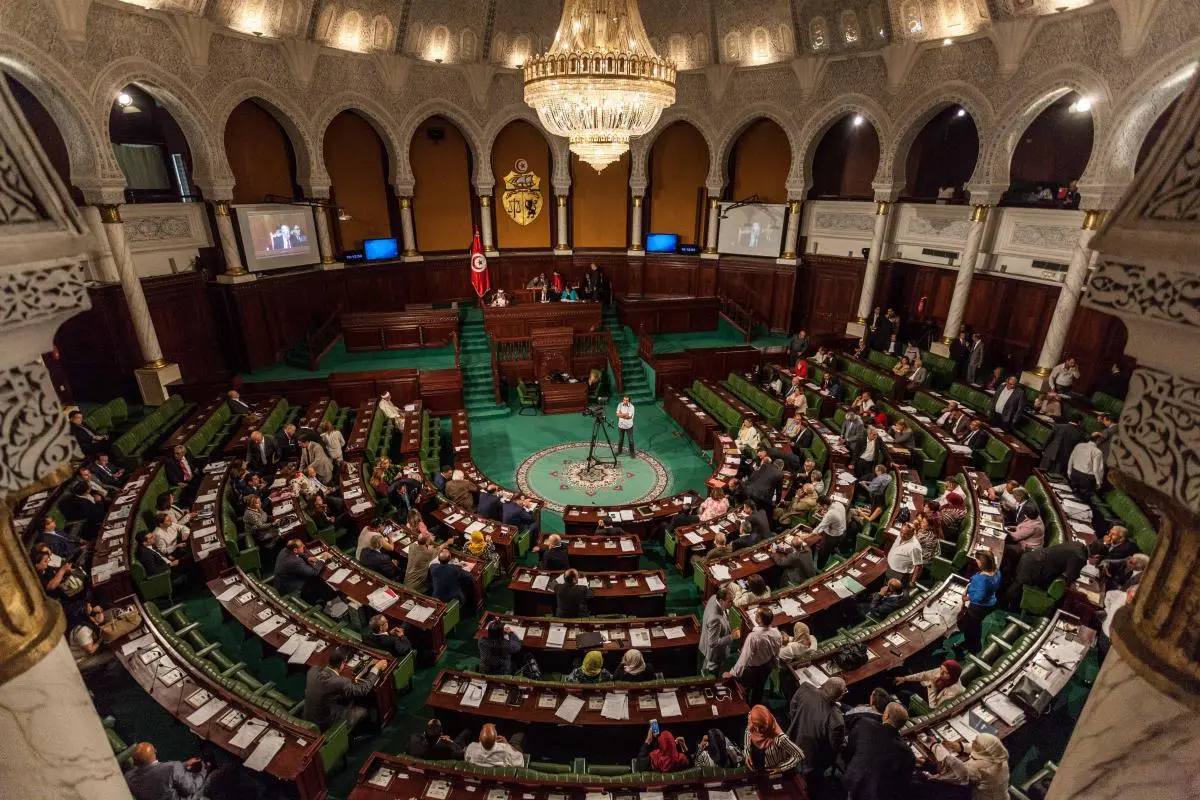Tunisia faces backlash over lack of funding for constitutional court

The leak of Tunisia’s 2025 draft finance bill has sparked widespread controversy, exposing the absence of funding for the long-promised Constitutional Court.
This revelation has fueled concerns about democratic backsliding under President Kais Saied, further damaging the administration’s credibility domestically and internationally.
The leaked document, circulated online, detailed the allocation of funds across ministries and public institutions.
However, it revealed no budget for the establishment of the Constitutional Court, an institution mandated by the 2022 Constitution, adopted after a referendum held on July 25 that year.
Page 72 of the report highlighted a glaring omission: while other institutions were allocated funds, the Constitutional Court’s budget remained blank.
Neither the Ministry of Finance nor the Presidency has denied the document’s authenticity, intensifying public and political criticism.
The Constitutional Court was envisioned as a cornerstone of Tunisia’s democratic transition, ensuring checks and balances within the political system.
Its absence has drawn sharp criticism from civil society groups and opposition figures, who view this as a deliberate move to centralize power around President Saied.
“This is a direct attack on the separation of powers and the integrity of democratic governance,” said one political opponent, referencing Saied’s accumulation of executive and legislative authority since his controversial suspension of parliament in 2021.
Non-governmental organizations have also raised alarms, arguing that the failure to establish the court undermines Tunisia’s stability and weakens its democratic institutions.
They warn of a potential slide into authoritarianism reminiscent of pre-Arab Spring regimes.
President Saied’s supporters, however, argue that economic and social reforms should take precedence, framing the court’s absence as a technical delay rather than a political maneuver.
Yet, critics counter that this stance ignores the importance of institutional safeguards in preventing unchecked power.
Amid escalating economic hardship and growing social discontent, the omission of the Constitutional Court adds to a growing list of grievances against Saied’s administration.
Observers warn that without urgent reforms and adherence to constitutional commitments, Tunisia risks alienating its citizens and international allies, jeopardizing its fragile democracy.
About The Author
dailymailafric
I am an avid African news observer, and an active member of Daily Mail Africa.
I’m Passionate about staying informed on diverse topics across the continent,
I actively contribute to publishing on political, economic and cultural developments in Africa.



